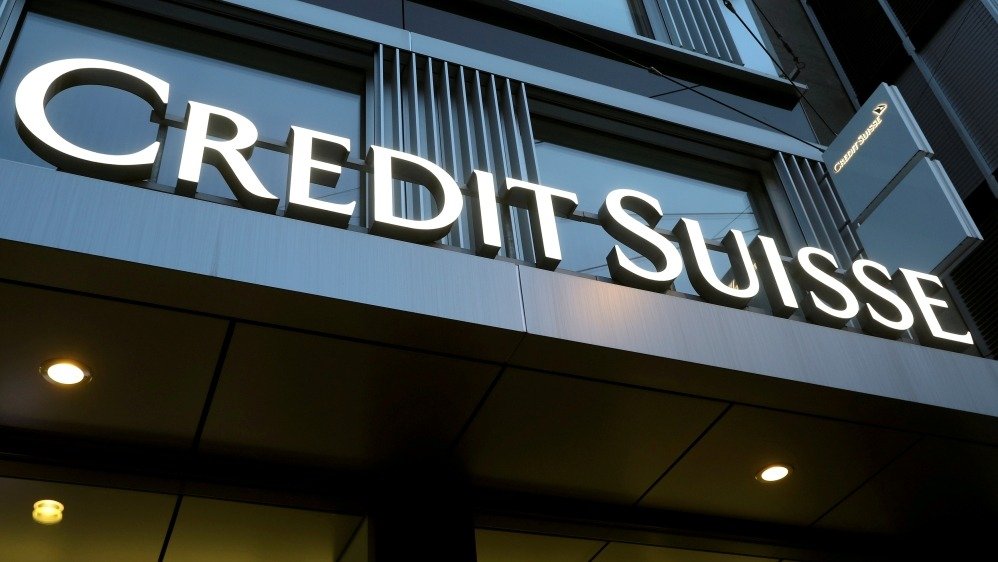Global research and brokerage residence Credit Suisse has downgraded Indian equities from ‘overweight’ to ‘underweight’ citing hovering oil costs that hit a 14-year high of over $140 a barrel in alternate on Monday.
“Because of its robust structural potentialities and sturdy EPS momentum, we will seem to be for opportunities to re-enter the market, on the other hand these days we tactically decrease our India position from chubby to underweight.
Higher oil charges injury the contemporary account, add to inflationary pressures and enlarge sensitivity to Fed charge hikes,” wrote Dan Fineman, co-head of equity method for Asia-Pacific at Credit Suisse in a coauthored phrase with Kin Nang Chik.
The money excess available with Credit Suisse as a quit result of India’s downgrade will be used to purchase Chinese stocks, it mentioned even as upgrading the shares to obese (Market Weight earlier).
“We enlarge our Malaysia Overweight from 1.1x benchmark to 1.2x on extraordinary commodity exposure, low-priced multiples and the market’s protected haven status. We trim our Korea Overweight from 1.2x to 1.1x benchmark due to immoderate oil imports, and lower Singapore from 1.4x to 1.2x on a much less hawkish stance by using the use of the Fed.
We restriction Thailand from 1.2x to 1.1x on a attainable hit to tourism from Russia and Europe,” Credit Suisse said.
The key assumptions for these tactical changes, in accordance to Credit Suisse, include longer-than-expected high oil prices, the Fed hikes slower than anticipated, however the terminal points for quit of this 12 months and 2023 do now not alternate much, or it hikes too an awful lot and pushes the US (economy) into a challenging landing.
Brent crude of $120 a barrel, Credit Suisse estimates, ought to add $60 billion to India’s import bill. Price rises for gas, coal, healthy for human consumption oils and fertilisers need to add any different $35 billion.
Inflation, as a result, have to be higher thru one hundred foundation points (bps).“In total, the contemporary account ought to fall by way of close to three per cent of GDP. If oil stays above $120, the hit would be bigger. A weaker current day account ought to enlarge a in the previous diminishing vulnerability to Fed charge hikes and global bond yields.
Historically, when India’s current day account deficit used to be large, market correlations with US bond yields used to be limit than recently, when a greater existing day account led to more favourable correlations,” the Credit Suisse word said.
Press the Bell icon for notifications of all new updates






